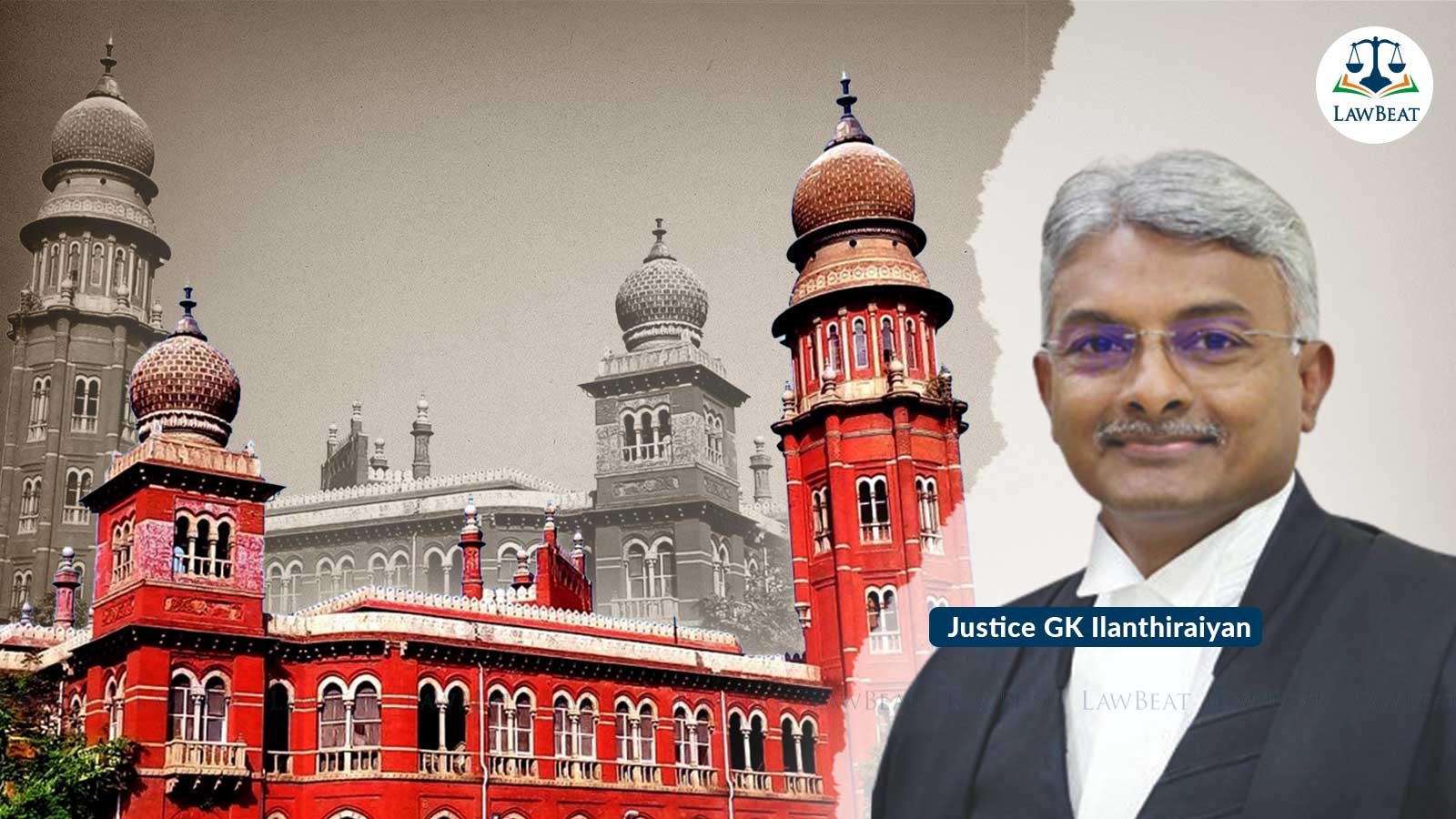"Bounden duty of court and prosecution to prevent unreasonable delay": Madras HC

The purpose of right to a speedy trial is intended to avoid oppression and prevent delay by imposing on the courts and on the prosecution an obligation to proceed with reasonable dispatch, court said
While quashing a forgery case, the Madras High Court recently slammed a seven-year delay in filing the final report by the Inspector of Police, Cyber Crime Cell, as unjustifiable.
The bench of Justice GK Ilanthiraiyan said that "it is the bounden duty of the court and the prosecution to prevent unreasonable delay".
"The purpose of right to a speedy trial is intended to avoid oppression and prevent delay by imposing on the courts and on the prosecution an obligation to proceed with reasonable dispatch," the bench said while stressing that the prosecution failed to initiate the trial proceedings for the past seven years without there being any lapse on behalf of the petitioner.
It added that the trial court should not have taken cognizance of the final report as the same was barred by limitation.
"Thus, permitting the first respondent to continue with the prosecution and trial any further would be total abuse of process of law", the bench held.
The order was passed in a petition filed by one Yohann J Setna to quash the proceedings on the file of the Chief Metropolitan Magistrate Court, Egmore, Chennai thereby taking cognizance for the offences under Sections 465 and 469 of IPC against him in a 2013 case.
The allegations against the petitioner were that he, while working as Sporting Manager for a company, had digitally altered, forged and edited a 60-minute video shot at the Indian Rally Championship organized at Coimbatore in 2013, and uploaded the same on YouTube and Facebook having remark 'This is a funniest onboard rally video I have ever seen'.
The complaint was filed by the co-driver of a car participating in the said championship. Allegedly, the edited video was seen by nearly four lakh people all around the globe and most of the viewers had posted hostile comments ridiculing the expertise of the co-driver i.e. the complainant. The complainant alleged that due to the edited video, he had lost his name and reputation in the car rally community in India and abroad.
Before the high court, the counsel for the petitioner submitted that even according to the complainant, it was a funny video and it was an edited one, rather than a morphed or videographed video.
It was edited from the original video and both videos were very much available in the you tube at the time of occurrence, therefore, no offence was made out for forgery, he argued.
Moreover, he submitted that the Inspector of Police, Cyber Crime Cell, Chennai City Police Station filed the final report only after a period of seven years from the date of registration of FIR, therefore, it was barred by limitation.
Court agreed with the submission that the petitioner had only edited the original video and not morphed or altered it. Court also pointed out that it was also an admitted fact that though the complainant himself had seen the video on August 9, 2013, the FIR was lodged on August 23, 2013. Therefore, there was a delay in the lodgment of the complaint, court said.
Referring to Section 468 of CrPC which provides for "bar to taking cognizance after lapse of the period of limitation", the single judge bench opined that the Inspector of Police, Cyber Crime Cell ought to have filed a final report within a period of three years from the date of registration of FIR.
"There was delay of more than seven years, that too without any explanation for the huge delay. Therefore, the trial court ought not to have taken cognizance since it is barred by limitation," the bench underscored.
Therefore, while holding that no offence was made out under Sections 465 and 469 of IPC against the petitioner, court quashed the entire proceedings in the case against him.
Case Title: Yohann J.Setna v State of Tamil Nadu
